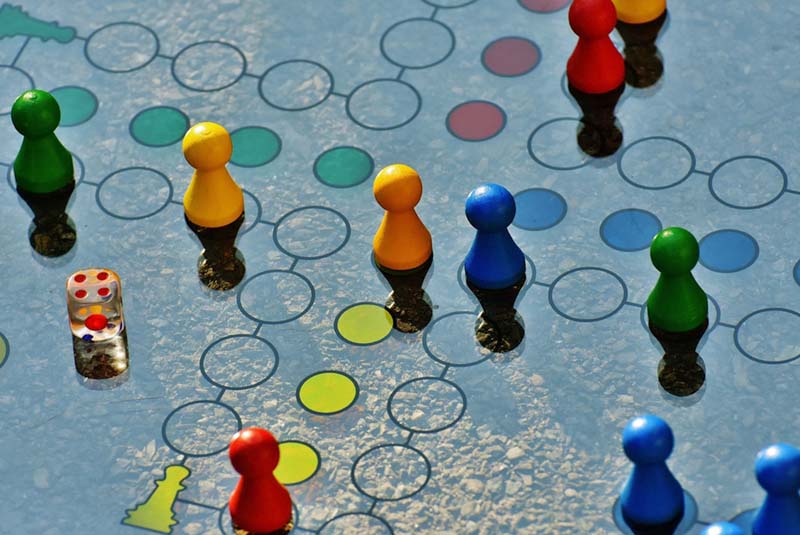Mindfulness, or at least a discussion about mindfulness, is everywhere (even my 7 and 8-year-old sons have learned about mindfulness at their school and how it relates to children’s emotions and behavior). Simply put, mindfulness is the act of being present.
Meditation is often an exercise used to help bring about mindfulness, as we clear our minds of distractions and focus on the present. While much of the mindfulness conversation is limited to the health and wellness space, there are indeed broader applications.
At its core, the practice of mindfulness empowers you to make better choices. By being present, you are brought to a place of self-control.
The circumstances and distractions you would ordinarily be compelled to react to cease to exist, and you are able to make decisions from a place of calm and focus. This enables you respond to the present with intentionality and purpose, instead of just reacting. In other words, mindfulness empowers you to choose your actions wisely and, as a result, unlock your greatest human potential.
Being Mindful of Your Legacy
The notion that your legacy is by definition something you leave behind is reactionary. It fails to recognize that before a legacy can be left behind, it must first be created. This is where mindfulness comes in. Rather than simply drift through life without a plan, as many people do, mindfulness can help you focus and take control of your life so that you are proactively making choices with the intention of defining and creating your legacy. Mindfulness can empower you to achieve the life you want to lead, which will ultimately be the legacy you leave behind.
Not only do you need to be present in making best decisions that shape your legacy, but you simultaneously must be mindful of preparing the next generation who will inherit your legacy. Putting a structure and plan in place the optimizes not only your ability to define and achieve your greatest life but also prepares and integrates the next generation takes intentionality and purpose.
Legacy planning is an ongoing process. It does not end when a company or trust is formed—or when any particular document is drafted. In fact, that is when the real work begins because you have just created the framework through which you can begin implementing your legacy plan.
The reality is that everybody is busy with day-to-day tasks and daily concerns. When you are running a family business, you cannot spend every waking minute focused on preparing the next generation for the responsibility of carrying that business forward. However, just like meditation is an exercise many do daily for as little as 5 minutes in order to practice staying present, so too must we create exercises and best practices that bring individuals and families back to an awareness of the bigger picture and what they are trying to accomplish from a legacy planning perspective.
DISCLAIMER: The information contained in this article is for informational purposes only and is not intended, and must not be taken, as legal advice on any particular set of facts or circumstances. You need to contact a lawyer licensed in your jurisdiction for advice on specific legal issues.

